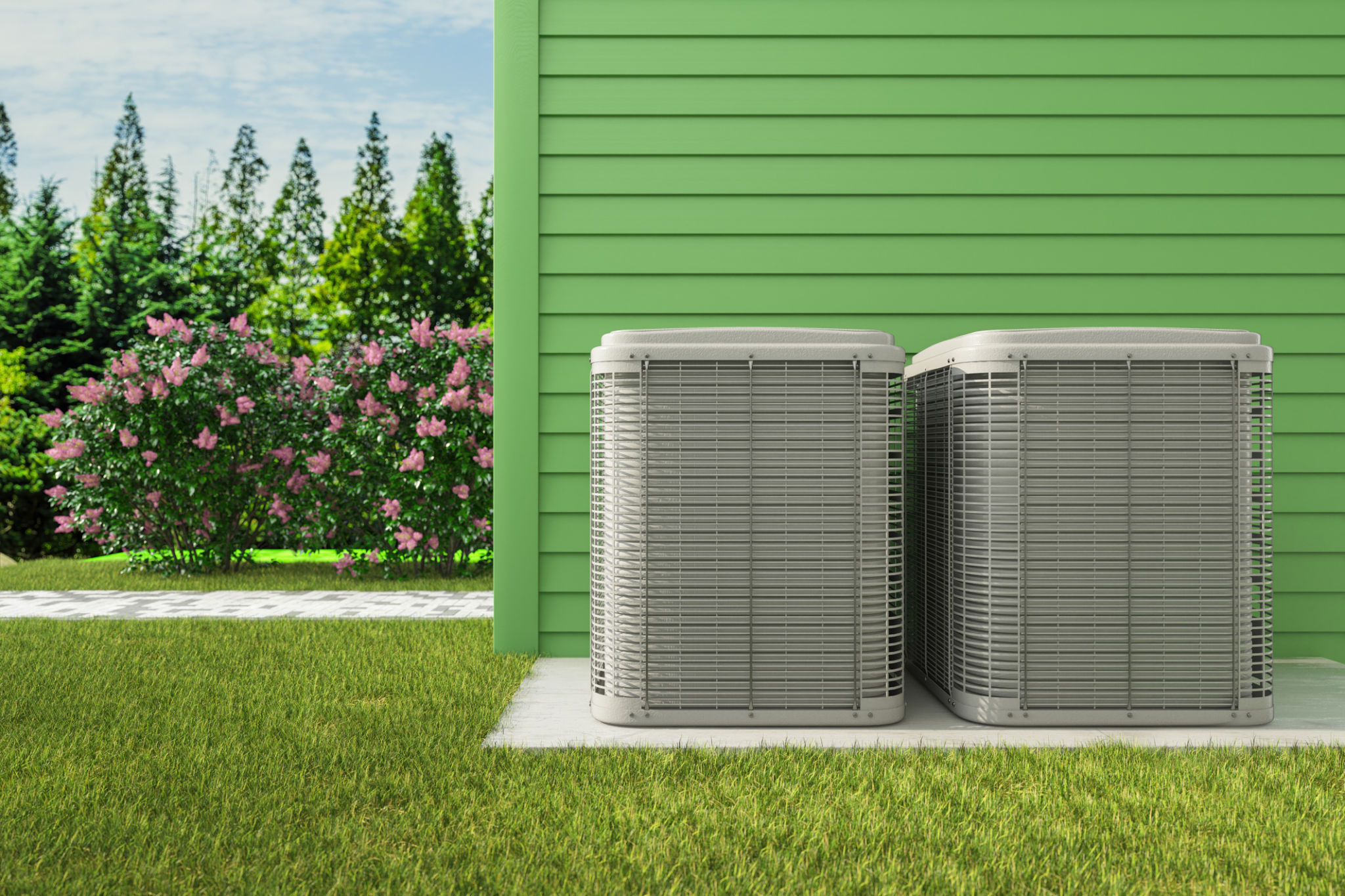DIY Air Conditioning Maintenance Tips for Homeowners
Understanding Your Air Conditioning System
To effectively maintain your air conditioning system, it's essential to understand its components. Most units consist of an indoor handler and an outdoor condenser or compressor. Familiarizing yourself with these parts will help you perform maintenance tasks more efficiently and recognize when professional help is needed.

Check and Replace Air Filters Regularly
One of the simplest yet most crucial maintenance tasks is checking and replacing the air filter. A clogged filter can reduce efficiency, increase energy costs, and lead to system breakdowns. It's recommended to check the filter every month and replace it every 1-3 months, depending on usage and the type of filter.
Keep the Outdoor Unit Clean
Debris such as leaves, dirt, and grass clippings can accumulate around the outdoor unit, obstructing airflow. Regularly inspect and clean the area around the condenser. Ensure there's at least a two-foot clearance for optimal performance. Use a garden hose to gently wash off dirt from the unit's exterior.

Inspect and Clean the Coils
The evaporator and condenser coils are vital for efficient cooling. Over time, they can collect dirt, which reduces their ability to absorb heat. Check these coils annually and clean them as needed. Use a soft brush or a commercial coil cleaner for effective cleaning.
Ensure Proper Thermostat Function
Your thermostat plays a crucial role in maintaining a comfortable indoor environment. Test it periodically to ensure it's functioning correctly. Consider upgrading to a programmable thermostat for enhanced efficiency and control over your home’s temperature settings.

Check and Clear the Condensate Drain
A clogged condensate drain can cause moisture buildup and damage your air conditioning system. To prevent this, periodically check the drain for blockages and clear them using a water and bleach solution or a wet/dry vacuum.
Inspect Electrical Connections
Faulty electrical connections can lead to system failures or safety hazards. Turn off the power to your AC unit and inspect visible electrical connections. Look for signs of wear or corrosion and tighten any loose connections. If you're unsure, it's best to contact a professional electrician.
Schedule Regular Professional Maintenance
While DIY maintenance can significantly impact your system’s efficiency, scheduling regular professional inspections is vital. An HVAC professional can provide comprehensive maintenance, diagnose potential issues early, and ensure your system operates at peak performance.
By following these DIY air conditioning maintenance tips, you can enhance your system's efficiency, prolong its lifespan, and maintain a comfortable home environment. Regular upkeep not only saves on energy costs but also minimizes the likelihood of unexpected breakdowns.